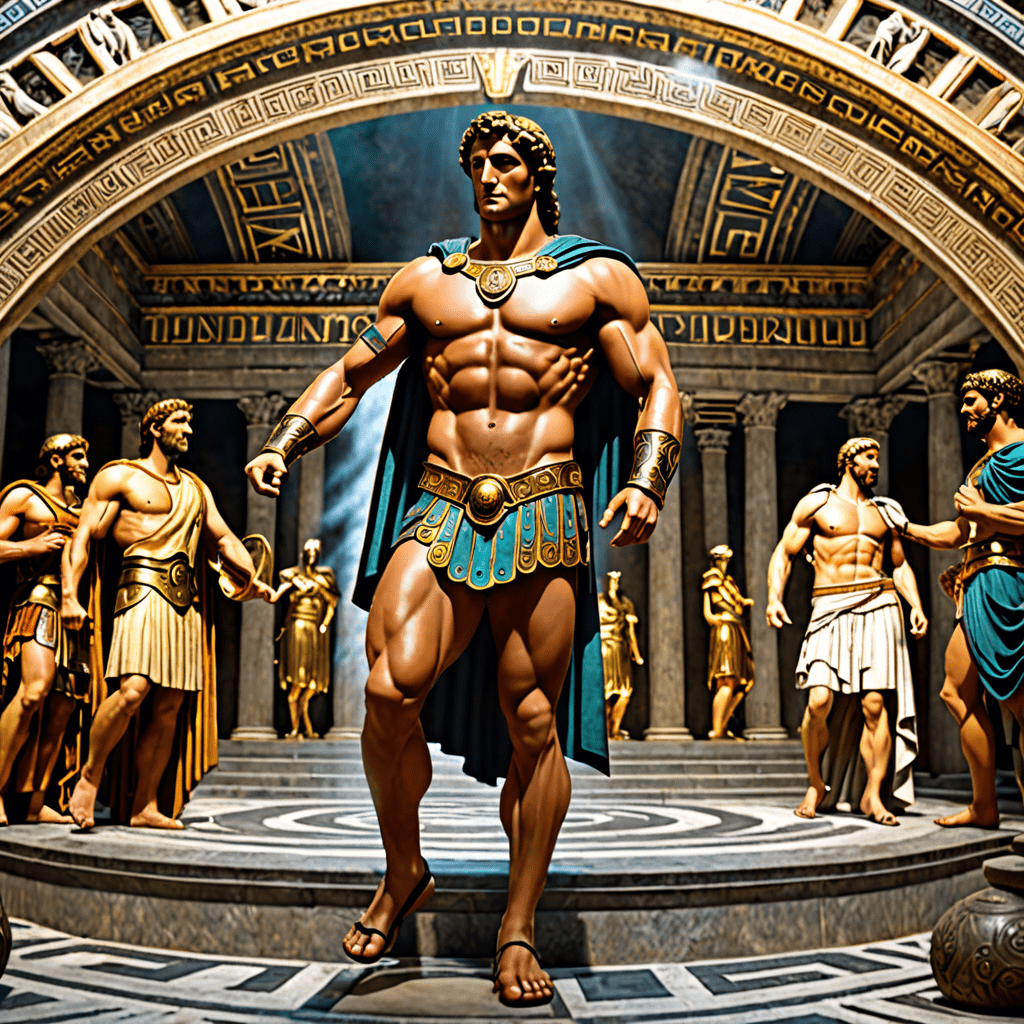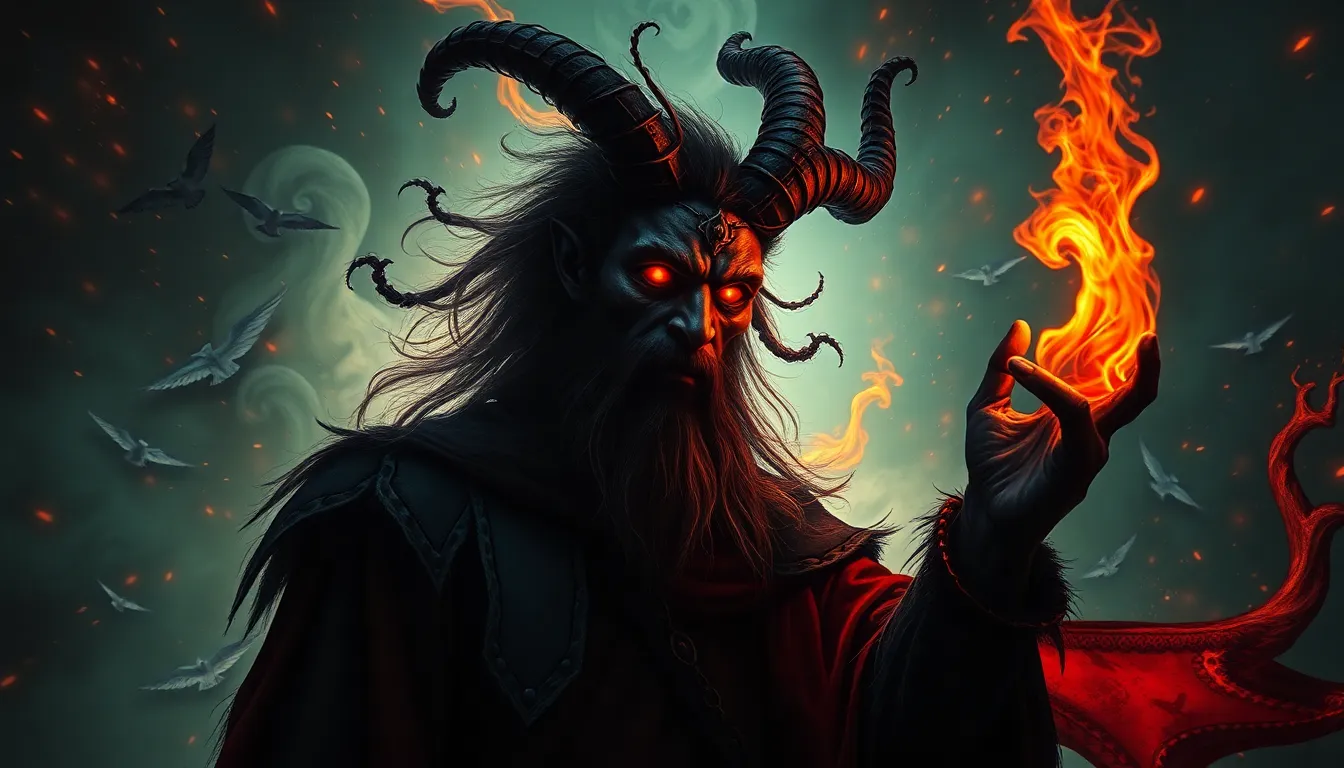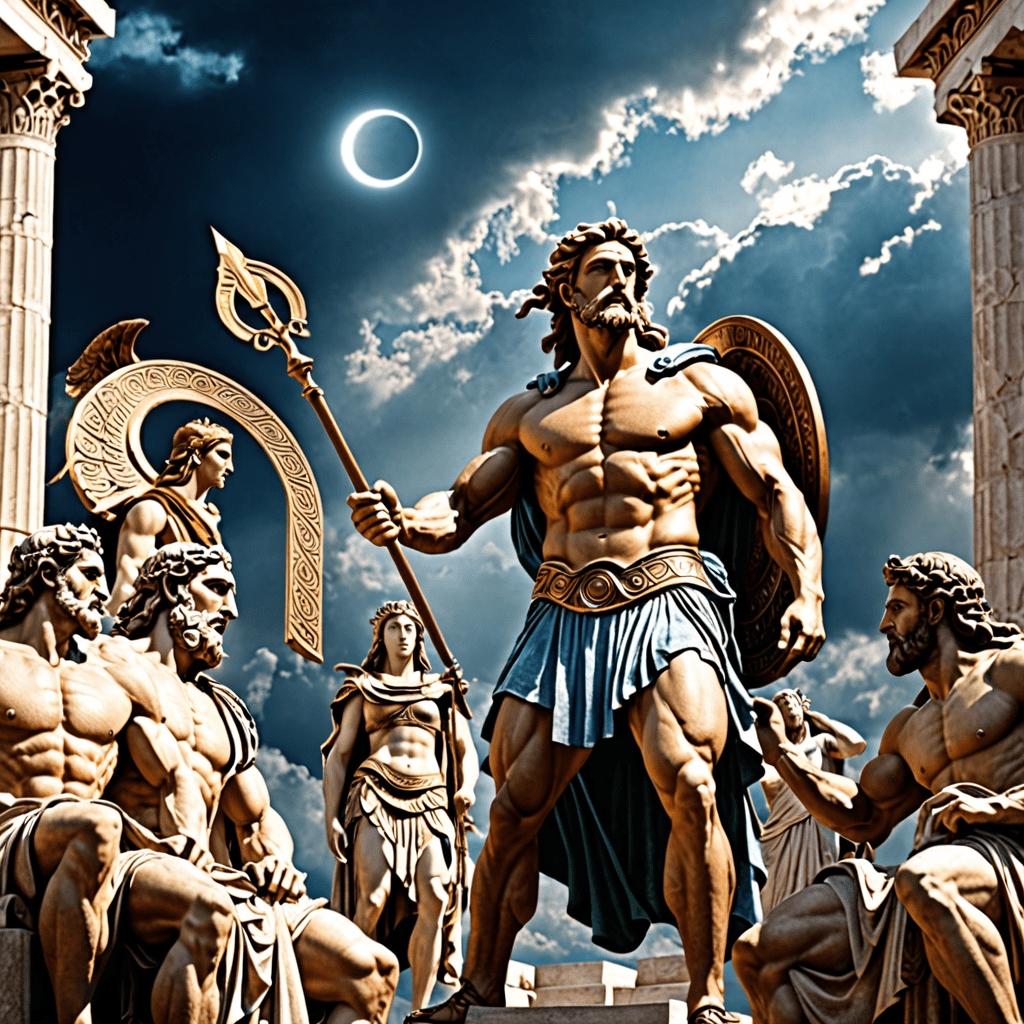The Intriguing Origins of Roman Mythology
Roman mythology, with its rich tapestry of gods, goddesses, and heroic tales, has fascinated people for centuries. Understanding the origins of Roman mythology provides valuable insights into the belief systems and cultural heritage of ancient Rome.
1. What Is Roman Mythology?
Roman mythology refers to the beliefs, stories, and rituals of the ancient Romans. It encompasses a wide range of deities, myths, and legends that shaped the religious practices and worldviews of the Roman people. Many elements of Roman mythology were inspired by Greek mythology but evolved over time to reflect Roman values and historical events.
2. Origins of Roman Mythology
The origins of Roman mythology can be traced back to the prehistoric Italian tribes that inhabited the region before the rise of Rome. These early peoples worshipped a variety of nature deities and spirits, shaping the foundation of Roman religious beliefs. As Rome grew in power and influence, it assimilated and adapted the myths and gods of other cultures, particularly the Greeks.
3. Influences of Greek Mythology
Greek mythology exerted a significant influence on Roman mythology. As the Romans came into contact with Greek culture through trade and conquest, they adopted many Greek myths and deities, often giving them Roman names. For example, the Greek god Zeus became Jupiter in Roman mythology, and Aphrodite was identified as Venus.
4. Evolution of Roman Mythology
Over time, Roman mythology underwent its own evolution, incorporating elements of Etruscan, Latin, and other indigenous beliefs. The Roman pantheon expanded to include new deities and cults, reflecting the diverse and multicultural society of the Roman Empire. Emperors and rulers sometimes promoted new cults and deities to enhance their authority and legitimacy.
Studying the origins of Roman mythology offers a glimpse into the religious practices, social values, and historical context of ancient Rome. This rich tapestry of myths, legends, and gods continues to captivate modern audiences, reflecting the enduring legacy of Roman culture.
FAQ about The Intriguing Origins of Roman Mythology
What is Roman Mythology?
Roman Mythology refers to the collection of beliefs and stories held by the ancient Romans about their gods, goddesses, and heroes. These myths often served to explain natural phenomena, human behavior, and the origins of Rome itself.
How did Roman Mythology originate?
Roman mythology has its roots in the mythology of the Greeks, with whom the Romans shared many gods and myths. Over time, the Romans adapted and incorporated Greek myths into their own culture, often giving them Roman names and interpretations.
What are some key figures in Roman Mythology?
Some key figures in Roman Mythology include Jupiter (Zeus), Juno (Hera), Neptune (Poseidon), Mars (Ares), Venus (Aphrodite), Mercury (Hermes), and Minerva (Athena). These gods and goddesses played significant roles in Roman religious beliefs and practices.
How did Roman Mythology influence Roman society?
Roman Mythology had a profound influence on various aspects of Roman society, including politics, art, literature, and religious practices. The myths and religious rituals helped to maintain social order and reinforce traditional Roman values.



